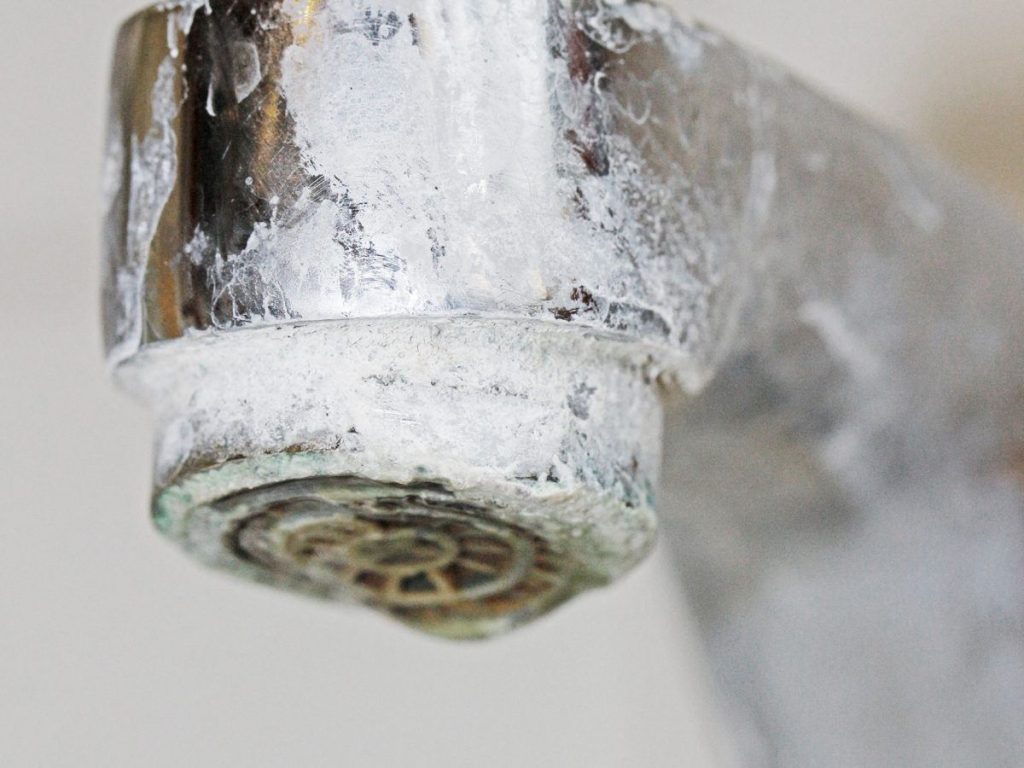What is the difference between soft and hard water?

Everyone has heard of the terms “hard water” and “soft water” but many do not know the differences between them. Both hard and soft water have advantages and disadvantages. Many have strong opinions about which variation of water is better.
Is there really a difference between hard water and soft?
Yes. In fact, the difference can be damaging to your home and your body. Maybe you have experienced skin issues, bad taste or odors emitted from the water, excessive soap consumption, pipe scaling, faucet, and fixture deterioration, or the inability to rinse off properly. If you have, then you have a water problem. Schrader Plumbing can solve your hard or soft water worries with a variety of quality products for your home.
The chemical difference between the two types of water basically comes down to mineral content.
What is Soft Water?
Hard water is water with excess calcium and magnesium, while soft water is free from these harsh minerals that can damage your home and body. It is gentle, with calcium and magnesium removed through water softener systems. As mentioned, soft water contains fewer minerals. But what really sets it apart, it is treated with sodium.
Soft water can:
- Increase the effectiveness of soap: Minerals in hard water actually require more soap or shampoo to work up a good lather. A water softener system will ensure your soap is doing its job while simultaneously reducing the stains on your shower walls, glasses and clothing and the need for additional cleaning.
- Prevent scale buildup around your home: With hard water minerals removed at the point of entry to your home, your pipes and appliances will have greater longevity. Sediment particles will be removed before they ever come into contact with your water heater or dishwasher , keeping them free from buildup and increasing their lifespan.
- Combat dryness: During colder weather or low humidity, soft water can help reduce dry, uncomfortable skin conditions. Given that soap is more effective with soft water, shampoo and body wash can do its job to make your hair and skin softer and silkier with every wash – you don’t have to deal with the buildup hard water leaves behind.
However, it is important to watch for how much sodium is added and keep a careful balance. Soft water can kill plants, soil, and other outside materials. It might also cause water retention in some people with hypertension who drink it as well, so it is important to have a watchful eye on how much you are consuming.
What is Hard Water?
As water flows from its source to your tap, it collects tiny particles along the way. If these particles include hardness minerals (aka calcium and magnesium, to be precise) in high amounts, the water will become hard. The more of these minerals are present, the higher the water will rank on the water hardness scale.
According to the U.S. Geological Survey, hard water exists in a significant portion of the United States (see the map here). And although it’s not a health hazard and many people don’t have issues because of it, it can be a nuisance. Hard water can make appliances and pipes run less efficiently, leave mineral deposits on drinking glasses, and stain sinks and toilet bowls.
How can you tell if water is hard or soft?
You can’t:) But-Sometimes the feel of water and what it does to items in your dishwasher or washing machine can be a tip-off.
Signs of hard water include:
- Feeling a film on your hands after washing them. This is caused by the soap reacting with calcium to form soap scum. You may need to rinse your hands longer if the water is hard.
- Spots. These can appear on glasses and silverware coming out of the dishwasher. These are usually deposits of calcium carbonate.
- Mineral stains. These show up on clothes when they come out of the washing machine. Clothes can wear out faster because of the harshness of hard water.
- Less water pressure in your home. Mineral deposits can form in the pipes, essentially shrinking the interior diameter of the pipes and reducing water flow.
Signs of soft water include:
- A healthy lather when washing clothes, dishes, and even your hands and body.
- Clothes that are cleaner, with no mineral stains and less wear-and-tear damage.
- Healthy water pressure in your home.
- A slight sodium taste in drinking water, though in many cases a difference in taste is imperceptible.
Experiencing Hard water problems? There are products available for softening your water. Schrader Plumbing can show you water softener and filter solutions that can help. If you have extensive limescale buildup or clogged pipes due to hard water damage, give us a call! We know all too well the issues hard water brings, being a Texas-based company. 817-262-0989
Categories: Hard Water,By: Michelle Kurcina
Last modified:
Last Modified: February 17, 2022 at 2:38 pm


